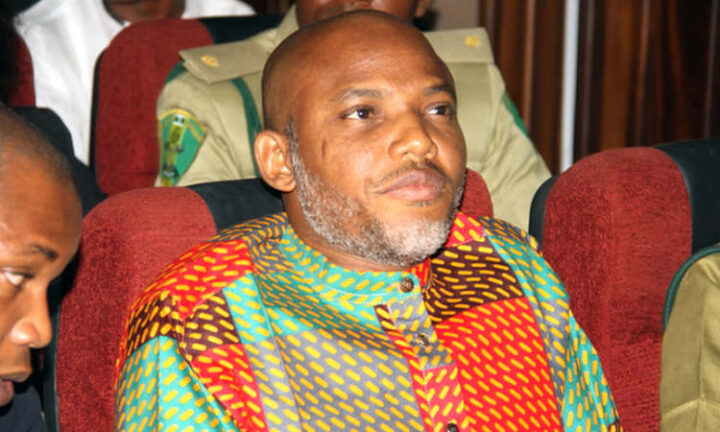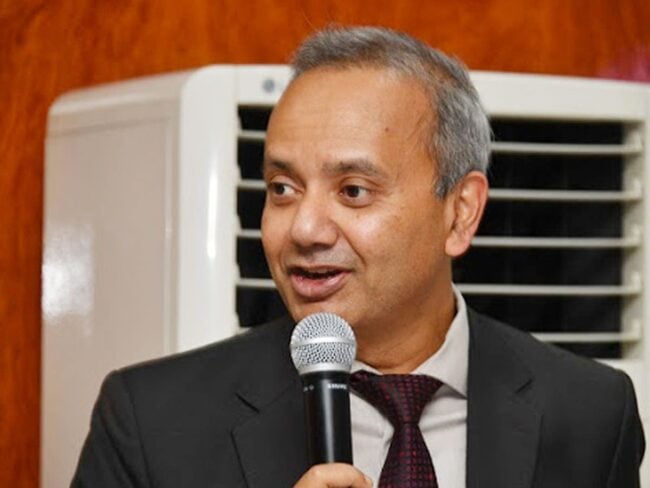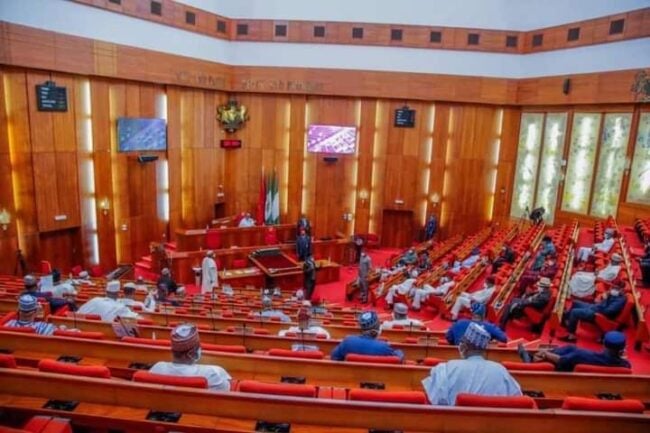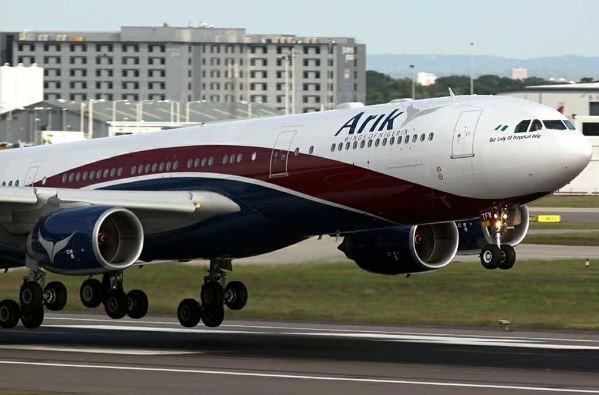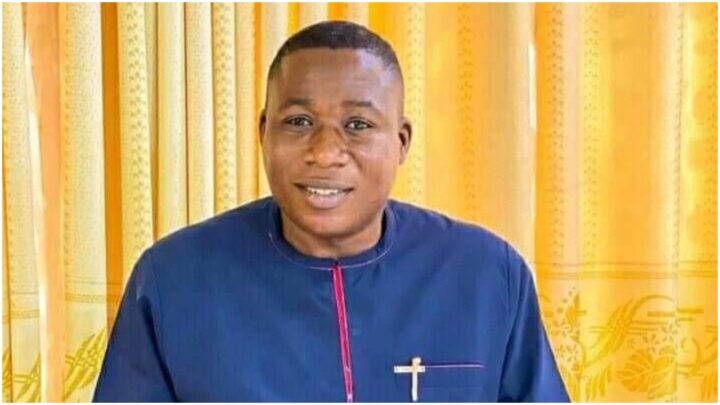Nnamdi Kanu, leader of the proscribed Indigenous People of Biafra (IPOB), has filed a petition against the federal government of Nigeria and Kenya before the African Commission on Human and Peoples Rights.
Kanu, who holds British citizenship, was arrested in June and extradited to Nigeria to face trial for treasonable felony.
Although the federal government did not state where Kanu was arrested, Kingsley Kanu, Kanu’s brother alleged that the separatist leader was arrested in Kenya and “handed over to Nigerian authorities who then flew him to Nigeria”.
The Kenya government, however, denied the claim that Kanu was arrested and extradited from the country to Nigeria.
Advertisement
After his extradition, the UK had asked Nigeria to clarify the circumstances surrounding Kanu’s arrest.
In a statement seen by TheCable, Aloy Ejimakor, special counsel to Kanu, described Kanu’s extradition as reprehensible and that due process was not followed.
He said, owing to this, Kanu is entitled to remedies mandated by the African charter.
Advertisement
“A few days ago, I commenced a continental legal action against Nigeria and Kenya before the African Commission on Human and Peoples Rights, demanding accountability for the extraordinary rendition of Mazi Nnamdi Kanu,” Ejimakor said.
“Jurisdiction lies with the Commission because Nigeria and Kenya are State Parties to the African Charter; and Nigeria even took a step further to domesticate the Charter, thus making it part of her municipal laws.
“Both countries also have extradition laws that prohibit this sort of reprehensible conduct that saw Kanu to Nigeria.
“More particularly, extraordinary rendition is expressly prohibited under the African Charter, where It provides in pertinent part that ‘A State may not transfer (e.g. deport, expel, remove, extradite) an individual to the custody of another State unless it is prescribed by law and in accordance with due process and other international human rights obligations. Extraordinary rendition, or any other transfer, without due process is prohibited’.
Advertisement
“A victim of extraordinary rendition is entitled to remedies mandated by the Charter.”
Among the reliefs he is seeking, the lawyer asked that Kanu be restored to his state of being before the rendition “which state of being was that he travelled to Kenya on his British passport and was duly admitted as such and as a free man”.
“Further, that no valid territorial jurisdiction can issue from an act of extraordinary rendition because Kanu is, technically speaking, still in Kenya.
“And that the Nigerian bench warrant standing against Kanu is, in the absence of any successful extradition proceedings in Kenya, invalid to arrest in Kenya.
Advertisement
“I also requested the Commission to adopt other urgent measures as the Commission sees fit in the circumstances to protect Nnamdi Kanu in the interim. A fact-finding visitation to Nigeria is also in reckoning.
The lawyer expressed confidence that Kanu’s trial “will be a trial within trial”.
Advertisement
He said through its action, Nigeria has “triggered a hornet’s nest that has, for the first time, brought the international legal order to bear on the matter of Mazi Nnamdi Kanu”.
Advertisement
Add a comment
